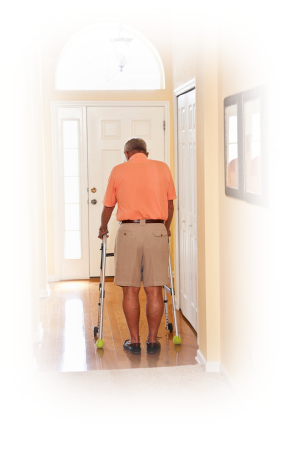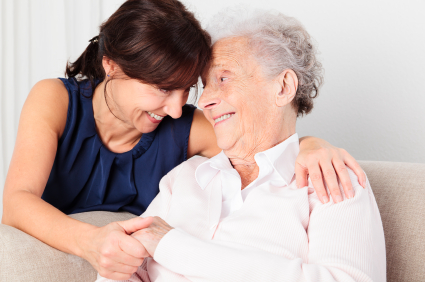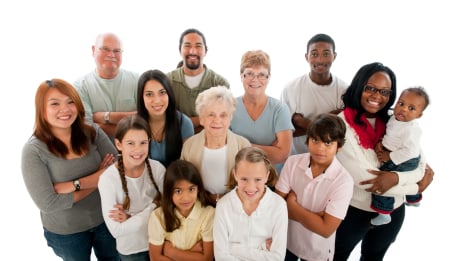Monitoring an aging parent’s health
Each year, projections for the average life expectancy of Americans trend up. There are differences by gender, a man reaching age 65 today can expect to live, on average, until age 84; for a woman the average expectation is 86. In addition to these averages from the Social Security Administration, about one out of every four 65-year-olds today is expected to live past age 90, and one out of 10 past age 95.
Read More
Topics:
elder care,
senior caregivers,
companionship services

The US Department of Labor on September 17, 2013 issued revised rules within the Fair Labor Standards Act (FLSA) that impact employers of senior caregivers that go into effect January 1, 2015.
A key revision is the definition of what constitutes companionship care.
Why is defining 'companionship care' important?
Today, all senior caregivers who provide companionship care in the private home of an individual with disabilities or the elderly are exempt from the minimum wage and overtime protections of the FLSA, and are defined as providing “companion care services.” The tasks and duties that constitute companionship care today are rather broad, and the rules that go into effect January 2015 significantly narrow the tasks and duties definitions. While some privately employed companions will continue to fit the designation of companion caregivers, the new rules will not permit agency-employed caregivers to be classified as companions, period.
Agency-employed caregivers will all be covered by minimum wage and overtime FLSA protections. Agency-employed caregivers may not be classified as companions for wage and hour compliance. Only privately employed senior caregivers providing bona fide companionship care services may qualify for this exemption.
Read More
Topics:
elder care,
companionship services,
companionship exemption
Families of aging seniors are confronted with many choices as they navigate options to help maintain a healthy and productive life for elderly family members. Home safety, medication management and transportation are key concerns for every family facing the naturally changing capacities seniors face as they age. In fact, according to the Congressional Budget Office, one third of seniors aged 65 and over need some assistance with activities of daily living such as dressing and personal hygiene, shopping and preparing meals
Read More
Topics:
elder care,
senior caregivers,
companionship services
According to the U.S. Congressional Budget Office, one third of seniors aged 65 and over need some assistance with the activities associated with daily living. Facing the need for such assistance is often greeted with resistance and disappointment by the senior herself, and concern and worry on the part of her family members.
Read More
Topics:
elder care,
senior caregivers,
companionship services
Special thanks to our guest blogger Anna Gale from CareLinx. CareLinx helps you easily screen, hire and manage quality caregivers who match your specific needs and budget. Save up to 50% on Home Care.
Read More
Topics:
elder care,
homecare,
tips for nanny job interview,
nanny job interview
How pleased were we to read the latest article in the New York Times by economic reporter Adam Davidson, "What’s an Idea Worth?".
Read More
Topics:
elder care,
nanny income tax,
accountants,
nanny tax,
household payroll tax
There is a high demand from our seniors to “age in place," to be able to stay in their home as long as their health allows. They are adverse to moving to any kind of facility, such as a nursing home, retirement center or hospice, where skilled and professional care givers can take care of them.
Read More
Topics:
elder care,
senior caregivers,
companionship services
Aging adults increasingly want to remain independent and age in their own home. Grandma or grandpa are really happy living at home and don't want to move out. Their family and loved ones worry, however, because they are not able to completely take care of themselves on their own. It is time to objectively assess the senior's abilities and limitations, and to develop a future care plan that helps them to safely age in place.
Read More
Topics:
elder care,
senior caregivers,
companionship services








